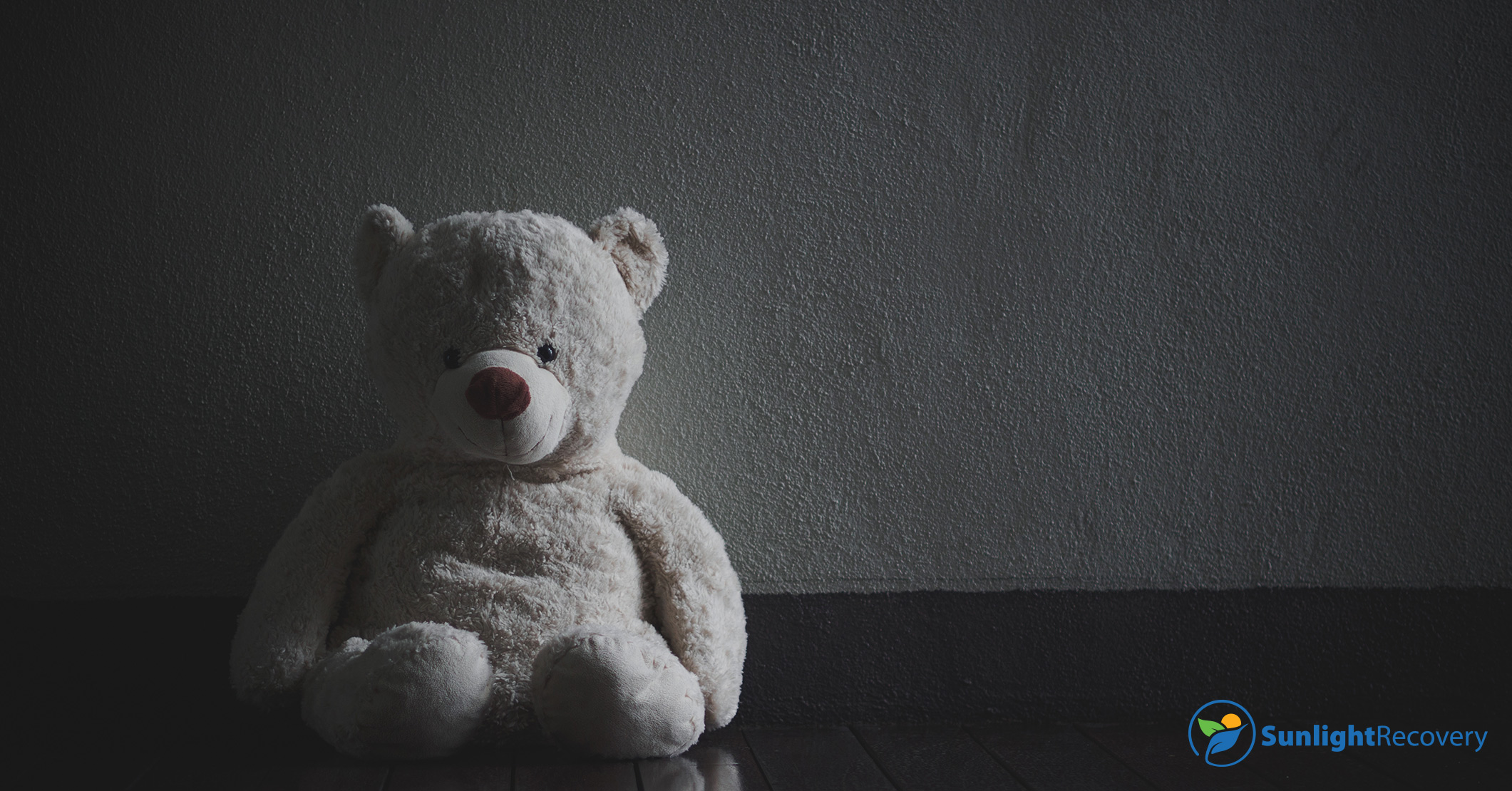Childhood abandonment issues can leave lasting imprints on your emotional and psychological well-being. Furthermore, traumatic experiences that occur during childhood can impact a child’s behavior, learning and mental and physical health, as Dr. Charles A Nelson explained in a Harvard Medical School article. According to the Centers for Disease Control and Prevention, 1 in 7 children have experienced abuse or neglect, which can include abandonment. In this article, we explore methods for coping with abandonment trauma and strategies for healing from childhood abandonment to help you overcome lingering impacts you may not even be fully aware of.
Introduction to Childhood Abandonment Issues
Abandonment is considered a type of neglect. Although you might think it only occurs when a parent leaves a child alone permanently or for a long time, abandonment comes in many forms.
When a parent doesn’t provide adequate care, support and attention to make their child feel safe and loved, this is also abandonment. Not providing basic necessities, such as food, shelter and clothing, is another form of abandonment. Even divorce or the death of a parent can lead to child abandonment issues.
Basically, any situation in which there’s a serious lack of emotional or physical support can lead to abandonment issues. These issues can set the stage for emotional distress and fear of rejection that can resonate throughout a person’s life.
Understanding the Impact of Abandonment on Development
The impact of childhood abandonment can leave emotional and psychological scars that hinder your ability to make attachments with people later in life. Common challenges include difficulty forming intimate connections, remaining in unhealthy relationships and severe trust issues.
Childhood abandonment may also contribute to mental health issues, such as depression and anxiety. A perceived sense of worthlessness or being unworthy of another person’s love may persist throughout adulthood, profoundly influencing your overall happiness and satisfaction with your life.
To help you understand the impact of abandonment on development, it’s crucial to understand how your childhood experiences shaped your emotional landscape. Therapy and counseling provide a safe space to address childhood abandonment issues and explore residual feelings. With the right help and support, you can confront, process and make sense of your past to help you move forward with a more positive future.
Coping Strategies for Healing From Childhood Abandonment
Healing from childhood abandonment takes time and requires an individualized process. Therapists and counselors utilize various techniques to help you develop appropriate coping methods. The following list offers some effective coping strategies to aid you in your journey toward emotional recovery.
- Therapeutic interventions. Engaging in therapy, such as psychotherapy or counseling, provides a supportive environment for you to explore and address your abandonment issues. Therapists use various techniques to help clients build resilience, develop coping mechanisms and reframe negative thought patterns stemming from abandonment experiences.
- Self-reflection and journaling. Self-reflection and journaling provide an outlet for expressing your emotions. They can also help you gain insights and reflect on the thoughts and feelings of abandonment surrounding your fears. This knowledge can help you develop a more compassionate understanding of yourself.
- Build supportive relationships. Overcoming abandonment issues hinges on your ability to form healthy relationships, especially for those stuck in a cycle of bad relationships. Surrounding yourself with supportive friends and family members helps create a sense of belonging and security. Also, developing trust in relationships fosters emotional resilience and helps counteract the fear of abandonment.
- Mindfulness and meditation. Incorporating mindfulness and meditation practices into your daily life may help you manage the anxiety and stress associated with your childhood abandonment issues. These techniques also promote present-moment awareness, allowing you to detach from distressing thoughts and emotions.
Avoid harmful coping strategies, such as substance abuse, isolating yourself to avoid relationships, self-harm and various self-destructive activities, such as gambling, reckless driving or anything that puts you in a dangerous situation that could cause physical harm.
Building Resilience and Overcoming the Effects of Abandonment
Building resilience after abandonment is a key aspect of overcoming long-term effects. Resilience involves developing the ability to bounce back from adversity, adapt to challenges and thrive despite difficult circumstances. Consider these ways to reduce toxic stress and foster resilience.
- Practice positive affirmations. Positive affirmations are like internal pep talks that help you rewire negative thought patterns and create a more positive self-image. Affirmations like “I am worthy of love and connection” help shift internal narratives shaped by abandonment experiences. Choose supportive, encouraging phrases that are meaningful to you to repeat daily and motivate desired actions or behaviors.
- Set boundaries. Setting and maintaining healthy boundaries in relationships is an essential step in protecting yourself and overcoming abandonment issues. The first step is understanding your own needs and limits to determine your boundaries. Next, you must clearly communicate your boundaries openly and honestly to ensure everyone understands your expectations in a relationship. Setting boundaries and communicating them assertively can help you gain a sense of control and security in your relationships.
- Pursue happiness and fulfillment. Actively pursue activities that make you feel happy and fulfilled to counter any residual negativity from childhood abandonment issues. Choose activities you enjoy, such as a favorite hobby or sport. Self-care activities are also good options because they help boost your physical, mental and emotional well-being.
Other ways to build resilience and overcome the effects of abandonment include establishing a support system, practicing self-reflection, talking to a therapist and taking care of yourself by eating nutritious meals, getting adequate sleep and exercising.
Addressing childhood abandonment issues isn’t a one-size-fits-all situation. It requires a holistic approach that combines self-awareness, proactive coping strategies and therapeutic support. By understanding the impact of abandonment on development and actively working toward healing, you can build resilience and forge a path toward healthier, more fulfilling relationships and a more positive self-image.
Understanding the impact of childhood abandonment can help kick-start your journey of recovery. Our compassionate team of highly experienced and licensed clinical and medical professionals at Sunlight Recovery is ready to help you overcome the effects of abandonment. Contact us 24-7 to speak to one of our mental health professionals and let us help you start the healing process.






